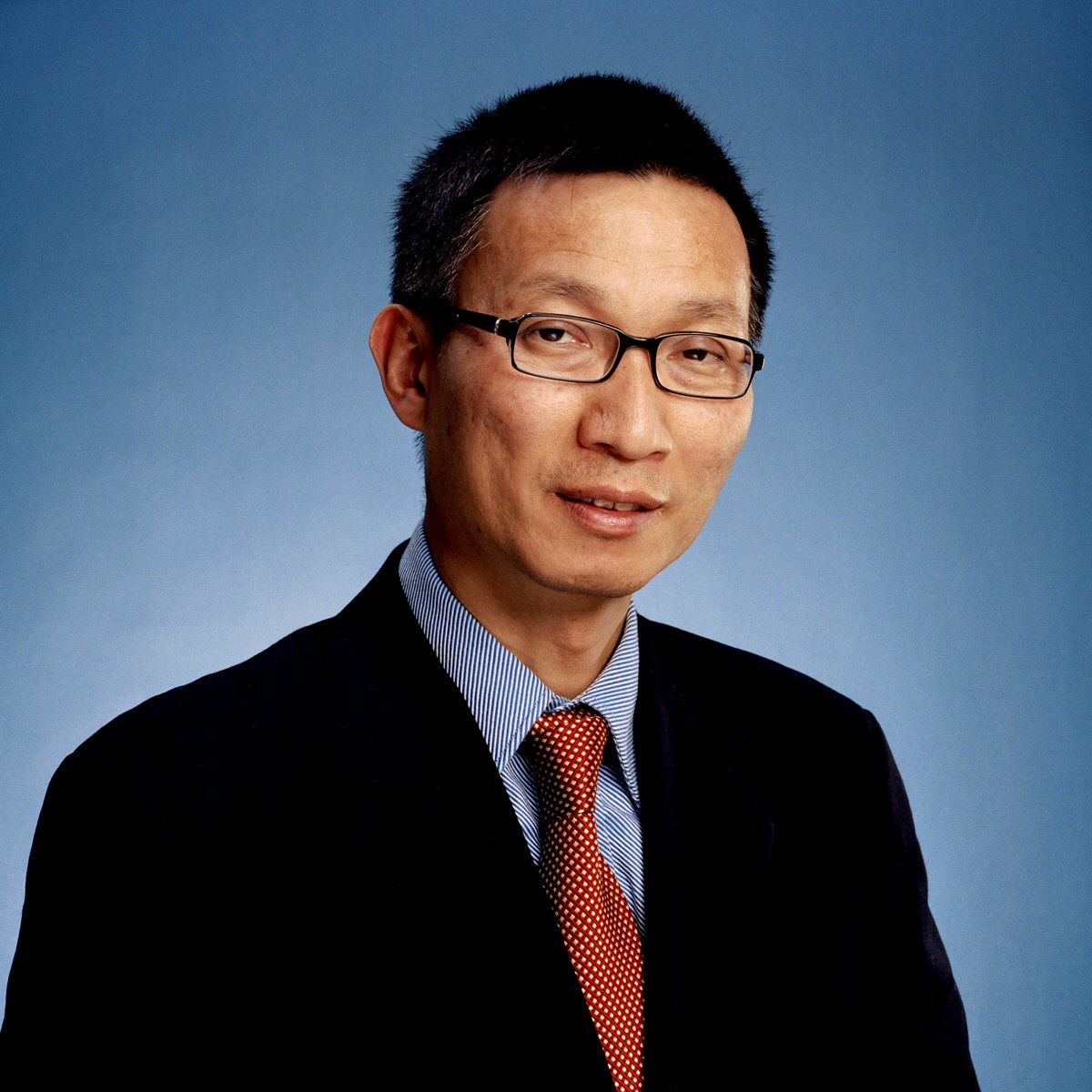Experts
Minxin Pei

Former Adjunct Senior Associate, Asia Program
About
Minxin Pei is no longer with the Carnegie Endowment.
Minxin Pei was an adjunct senior associate in the Asia Program at the Carnegie Endowment. He is the Tom and Margot Pritzker ‘72 Professor of Government and the director of the Keck Center for International and Strategic Studies at Claremont McKenna College.
His research focuses on democratization in developing countries, economic reform and governance in China, and U.S.–China relations. He is the author of From Reform to Revolution: The Demise of Communism in China and the Soviet Union (Harvard University Press, 1994) and China’s Trapped Transition: The Limits of Developmental Autocracy (Harvard University Press, 2006). Pei’s research has been published in Foreign Policy, Foreign Affairs, the National Interest, Modern China, China Quarterly, Journal of Democracy, and many edited books. Pei is a frequent commentator on CNN and National Public Radio; his op-eds have appeared in the Financial Times, New York Times, Washington Post, Newsweek International, and the International Herald Tribune. He is a columnist for L’espresso, a major Italian news magazine and a regular contributor to the Diplomat, a leading online international affairs journal. Pei received his Ph.D. in political science from Harvard University.
Selected Publications: “Think Again: Asia’s Rise,” Foreign Policy (July–August 2009); “The Color of China,” the National Interest (March 2009); “How China is Ruled, the American Interest (Spring 2008); “Corruption Threatens China’s Future,” Carnegie Policy Brief No. 55 (2007); China’s Trapped Transition: The Limits of Developmental Autocracy (Harvard University Press, 2006).
Affiliations
Areas of Expertise
Education
B.A., Shanghai International Studies University; M.F.A., University of Pittsburgh; M.A., Ph.D., Harvard University
Languages
English, Mandarin Chinese